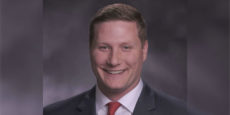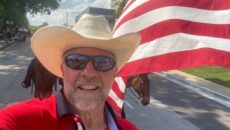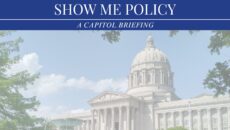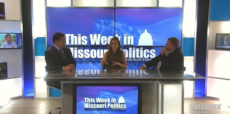In 2018, voters acted to pass Amendment 1 in Missouri, and I can understand why. Amendment 1 included some much-needed ethics reform for Jefferson City. For example, it reduced the number of lobbyist gifts that could be made to legislators, it set time thresholds for when a legislator or their staff could become a lobbyist after leaving office, and it set new campaign contribution limits. Missourians care about the integrity of their elected officials, and so they wanted to vote on ethics reform. However, while approving ethics reform, voters were largely unaware of the broken redistricting portions of Amendment 1.
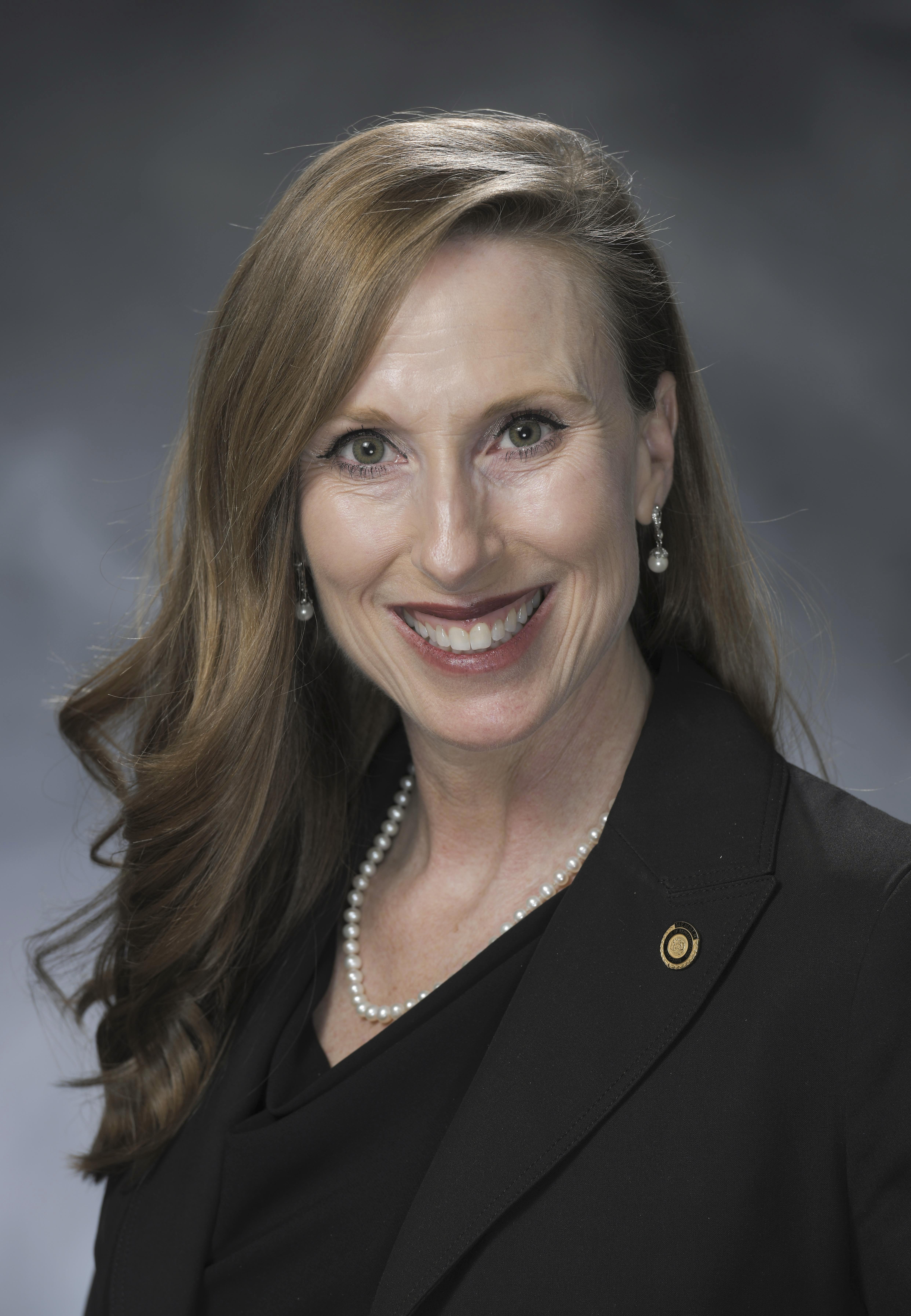
Amendment 1 radically transformed the redistricting process in Missouri. Voters were largely convinced to vote on Amendment 1 by approving the ethics reform aspects, while the remainder of Amendment 1 — the redistricting aspects — were hidden under the rug. For one thing, the ballot language was overly long and frustrating to understand. For another, millions of dollars from outside groups poured into the state to see it pass — this was a measure largely championed by outside interests, not Missourians.
Amendment 1 did away with the bipartisan, committee approach to redistricting that we had prior. Instead, it created a new process of having the elected state auditor appoint a “state demographer” who would be in charge of drawing new legislative district maps. That means that the state auditor, who is currently a Democrat and running for governor, would select the person responsible for deciding state legislative districts. This process clearly isn’t non-partisan.
Even worse, our new system requires that legislative districts be drawn with a priority on having an equal number of Republicans and Democrats in the same district. There are a few problems with this.
First, political attitudes can change on any given election, and so that is not a good metric for drawing districts. Attitudes can shift after any election, which means a district map that made sense in one election would be completely bonkers the next.
Second, many regions of our state, including our rural areas, are solidly Republican. This means that our rural districts would have to be drawn so that some urban Democratic voters were in the district too. That could mean Cape Girardeau has to be in the same Senate or House district as St. Louis so that there are more Democrats “voting” in our elections. This makes no sense to me. Districts should be drawn with a preference to geography — the point is to have like voters in like districts. It would be impossible for someone from St. Louis County to truly represent the interests of Southeast Missouri when they’ve never lived in a rural area.
That is why our representatives approved a new ballot language for this upcoming election. Amendment 3, also known as Cleaner Missouri, gives voters the opportunity to have the legislative districts they want to see. Amendment 3 does away with lobbyist gifts to legislators entirely, fixes campaign contributions, and reorganizes the redistricting process, doing away with the current botched system.
Voters deserve a chance to have the ethics reform they want and to have a redistricting process that makes sense. I encourage that all Missourians, particularly those in rural districts, vote yes on Amendment 3 for a Cleaner Missouri.

State Rep. Holly Rehder is a Republican who represents HD 148. She is the GOP nominee for SD 27.






